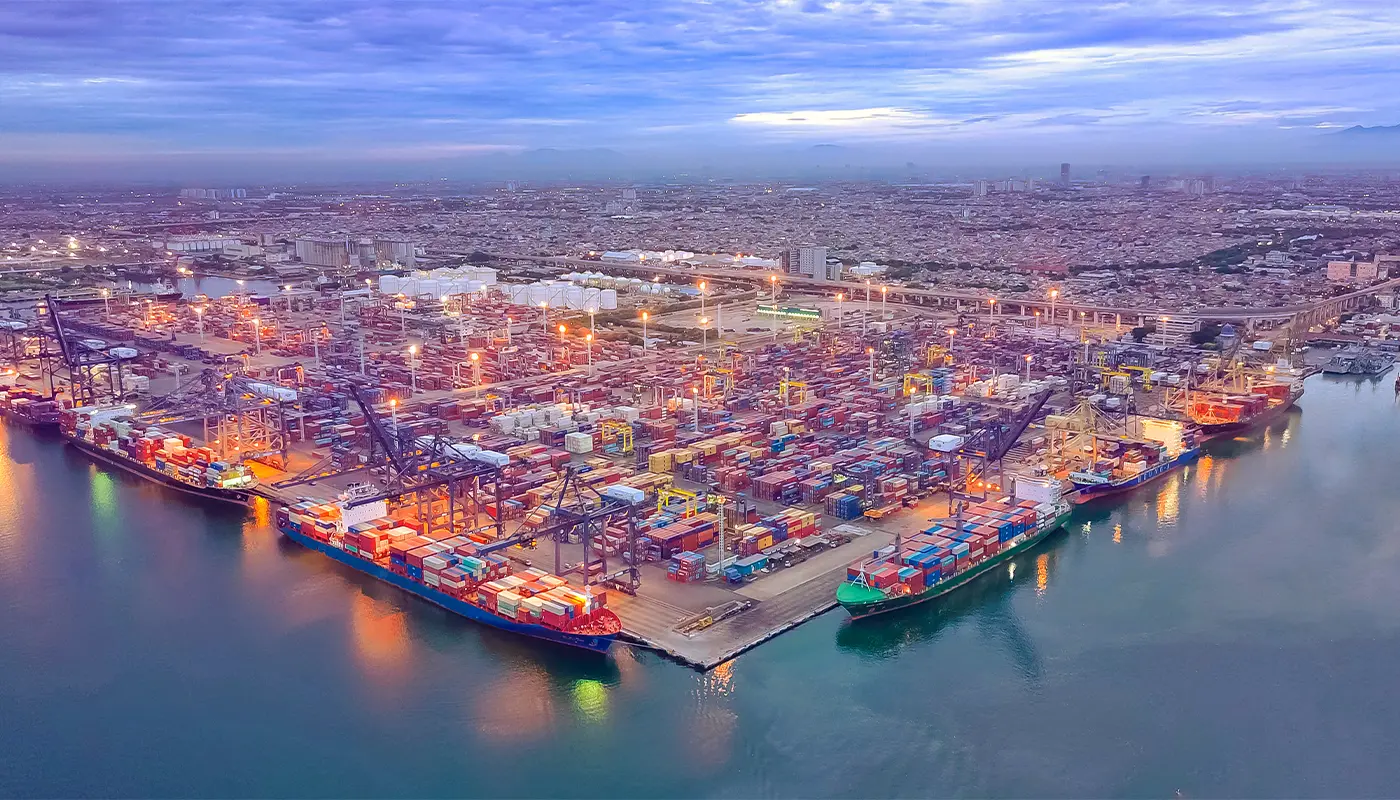JAKARTA – Indonesia will aggressively pursue trade negotiations with the United States despite the looming threat of a potential 32% universal tariff proposed by former President Donald Trump, with senior officials expressing “very optimistic” about securing favourable terms for key exports like nickel, electric vehicle (EV) batteries, and textiles.
The stance was confirmed by Trade Minister Zulkifli Hasan on Thursday, who emphasized Indonesia’s strategic position as a critical supplier of nickel and EV battery components. “We are not deterred by campaign rhetoric. Our minerals and market access offer mutual benefits,” Hasan stated. “We are very optimistic about finding common ground through diplomacy.”
The 32% tariff—a figure floated by Trump during recent campaign rallies—would apply broadly to all U.S. imports if he wins November’s election. For Indonesia, which exported $28 billion worth of goods to the U.S. in 2024, the policy could disrupt vital industries like apparel, footwear, and electronics. However, Jakarta aims to leverage its dominance in nickel processing (accounting for 55% of global supply) and rapidly growing EV battery sector as bargaining chips.
“We’re positioning nickel and green energy materials as assets, not vulnerabilities,” said Dr. Aulia Pradipta, lead economist at the Institute for Development of Economics and Finance (INDEF). “The U.S. needs these resources for its energy transition. This gives Indonesia leverage to negotiate exemptions or phased compromises.”
Negotiation Strategy
Indonesian negotiators will focus on:
- Tariff Exemptions: Arguing for carve-outs for nickel, EV batteries, and palm oil derivatives.
- Bilateral Deals: Proposing targeted trade agreements for critical minerals.
- Supply Chain Frameworks: Highlighting Indonesia’s role in securing U.S. green-energy ambitions.
- ASEAN Solidarity: Coordinating with Malaysia and Vietnam to resist blanket tariffs.
While Trump’s team has not detailed tariff exemptions, Indonesian officials cite the country’s democratic credentials and anti-China trade alignment as diplomatic advantages. “Unlike China, we’re a strategic partner in reshoring supply chains,” noted Foreign Ministry spokesperson Teuku Faizasyah.
Critics warn that failure could cost 500,000 export-reliant jobs. Yet with U.S.-Indonesia trade talks set for August, Jakarta’s optimism remains unshaken. “Dialogue, not retreat, is our path forward,” Minister Hasan declared.



